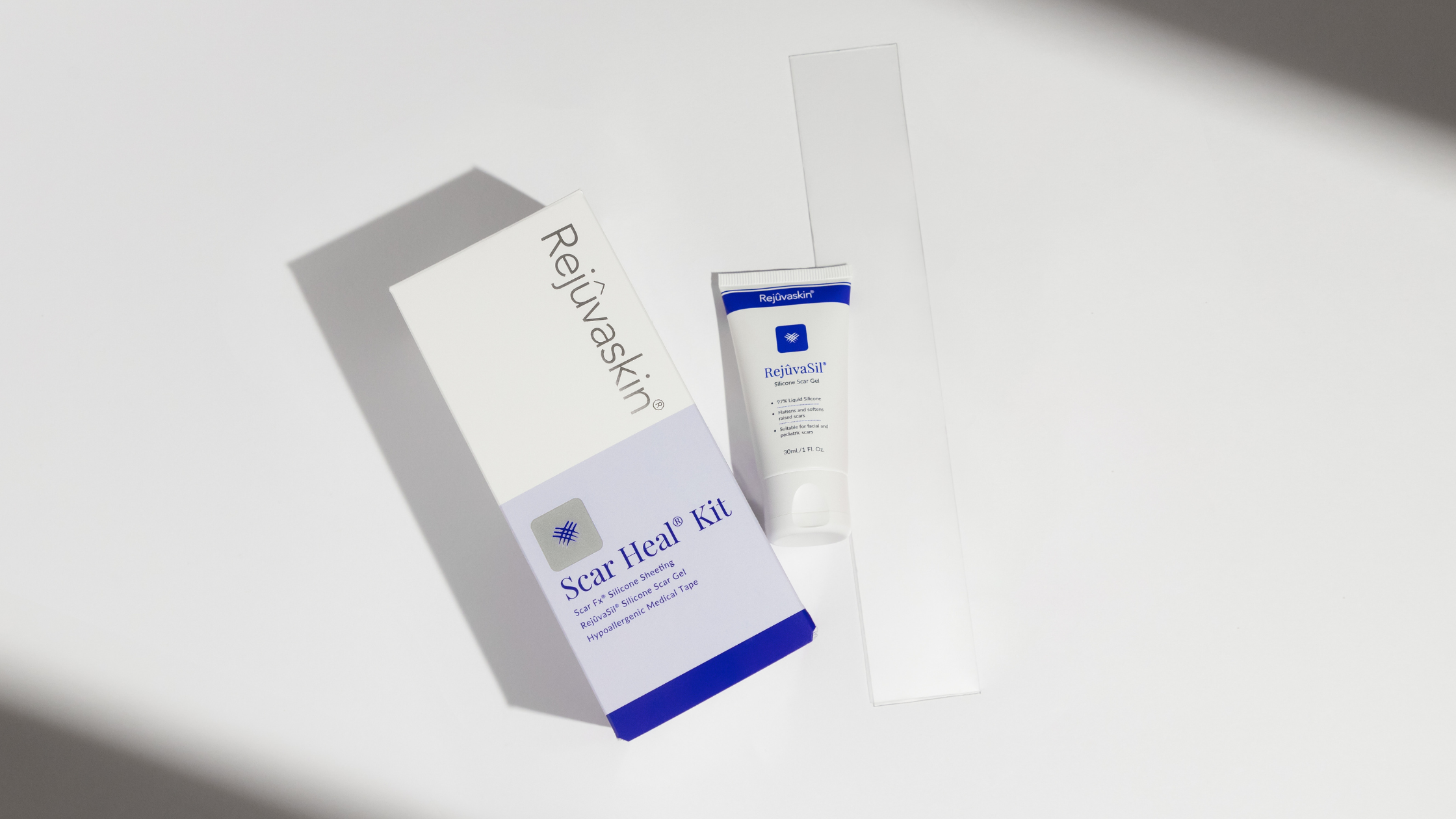In the realm of medicine, surgery is often indispensable, yet it can leave behind unwanted scars. While some factors contributing to scarring are beyond control, there are proactive measures physicians can take to reduce their appearance. This guide offers practical advice for physicians aiming to minimize surgery scarring.
Mitigating Surgery Scarring:
1) Maintain Wound Hygiene and Moisture:
Keeping surgical sites clean and moisturized is crucial for optimal healing. Encourage patients to gently clean the area with mild soap and water to prevent infection and remove debris. Additionally, advise them to apply topical creams to keep the incision site moist, promoting better healing.
2) Discourage Harmful Habits:
Patients should be counseled to avoid habits like smoking and excessive alcohol consumption, as they can hinder the healing process and worsen scarring. Smoking reduces blood flow to the skin, while alcohol dehydrates the body, both of which can impede scar formation.
3) Provide Proper Suture Care Instructions:
For patients requiring sutures, ensure they understand how to care for them post-surgery. Advise against activities that could strain the stitches and cause them to tear, leading to poor scar formation. Proper care can help ensure the wound heals well and minimizes scarring.
4) Initiate Scar Therapy Early:
Start scar treatment as soon as possible after surgery. Recommend products like Rejuvaskin’s Scar Heal Kits, which include silicone sheeting and gels designed to improve scar appearance. These products work best when applied early and consistently to promote smoother, less noticeable scars.
Encouraging good wound care, discouraging harmful habits, and initiating scar therapy early can all contribute to increased patient satisfaction in reducing the appearance of scars.




















